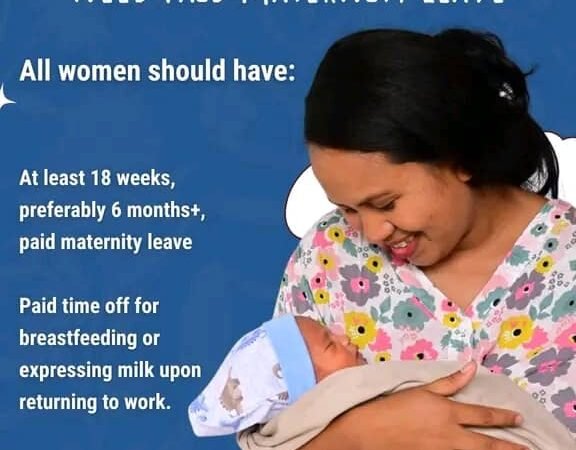Dili, August 6, 2025 (Média Democracia) – The World Health Organization (WHO) Timor-Leste organized activities to promote breastfeeding as a natural and powerful way to care for newborns. However, not all children receive breast milk, and many mothers still lack sufficient support.
The WHO Representative in Timor-Leste, Arvind Mathur, stated that strong evidence accumulated over past decades demonstrates the importance of breastfeeding for infant health and survival. Starting immediately after birth and continuing exclusively for the first six months provides unparalleled benefits. It protects babies from dangerous infections, even in wealthy nations, and significantly reduces the risk of death for newborns.
“Breast milk provides the energy and nutrients children need from 6 to 24 months. When a child is sick, breast milk is often the only food they can tolerate. It also acts as medicine for children suffering from malnutrition, it can save lives,” said WHO Representative Arvind Mathur.
He further explained that the benefits continue well beyond infancy. Breastfed children are less likely to become obese, tend to perform better academically, and may achieve more later in life. For mothers, long-term breastfeeding reduces the risk of breast and ovarian cancer, heart disease, and diabetes.
“Despite all these known benefits, exclusive breastfeeding is still not the norm. Many mothers face major challenges such as short maternity leave, lack of space to breastfeed at the workplace, minimal counseling or support, and aggressive marketing of formula products. These barriers make it extremely difficult for mothers who want to breastfeed. Often, the burden falls entirely on women without the support they need,” Mathur added.
He noted that Timor-Leste recognizes and values breastfeeding, but more must be done to create stronger systems that help mothers continue breastfeeding, especially while balancing work and childcare.
“This year’s theme, Invest in Breastfeeding, Invest in the Future, is a call to action. WHO urges governments and partners to make strong and long-term investments. Every $1 spent on breastfeeding support can yield up to $35 in health and economic returns,” he emphasized.
He stated that key steps include extending paid maternity leave, creating breastfeeding-friendly workplaces, expanding the Baby-Friendly Hospital Initiative to support breastfeeding from birth, and integrating breastfeeding into national health plans and budgets. Enforcing laws on the marketing of breastmilk substitutes is also essential to protect families from misleading advertising.
“Timor-Leste has made progress. With support from WHO and UNICEF, the Ministry of Health has adopted a national law regulating formula marketing. Public awareness is growing through campaigns and the promotion of breastfeeding via events like National Nutrition Week. Political leaders are showing strong commitment, but we must act more quickly. Let us build a stronger support network and provide better protection. Let us ensure that everyone follows the rules. This is how we will increase the rate of exclusive breastfeeding,” he explained.
He concluded that as we celebrate World Breastfeeding Week this August together with WHO, UNICEF, and all partners, we must commit to continuing support for mothers and newborns. By investing in breastfeeding, we invest in a healthier, smarter, and stronger future for all.
Report by: Nelfiano
Photo: Media WHO Timor-Leste

